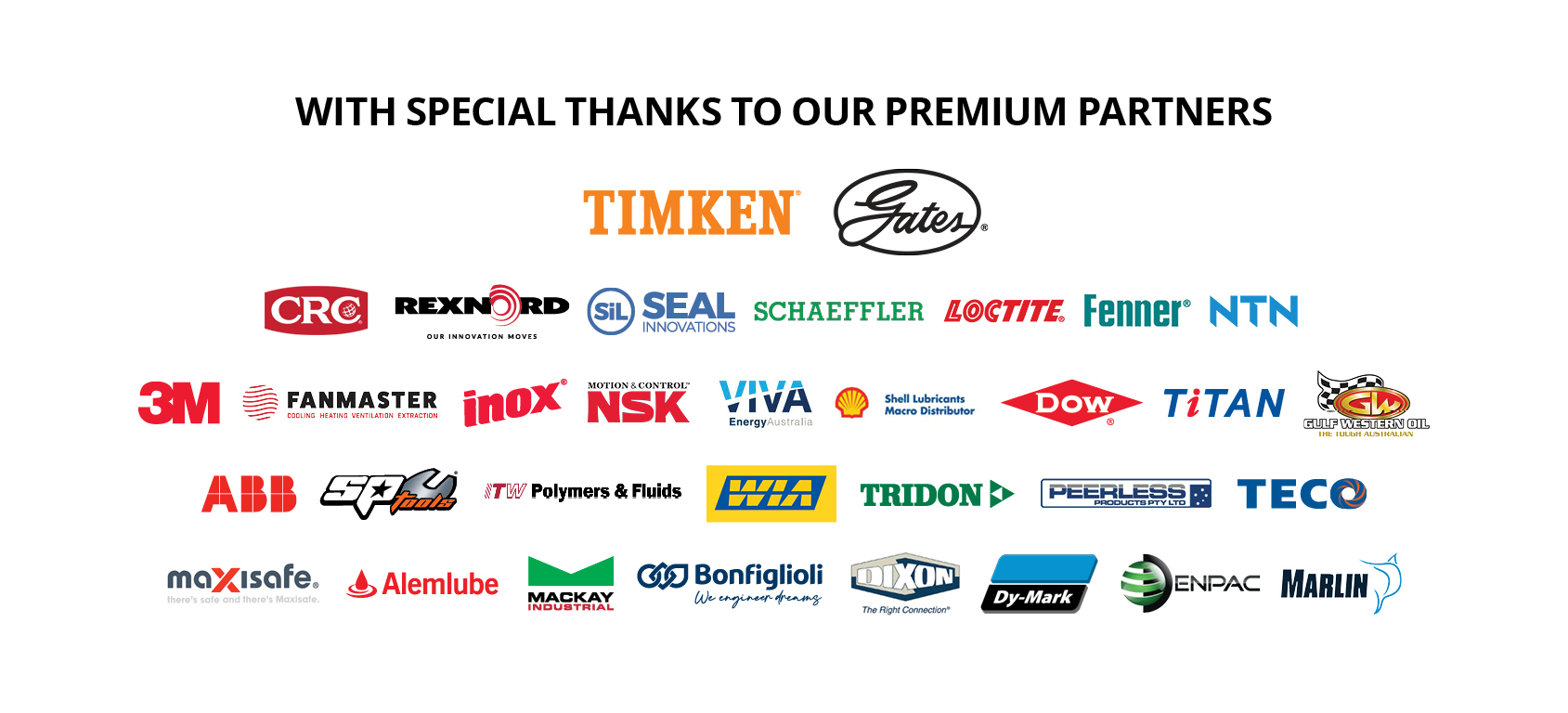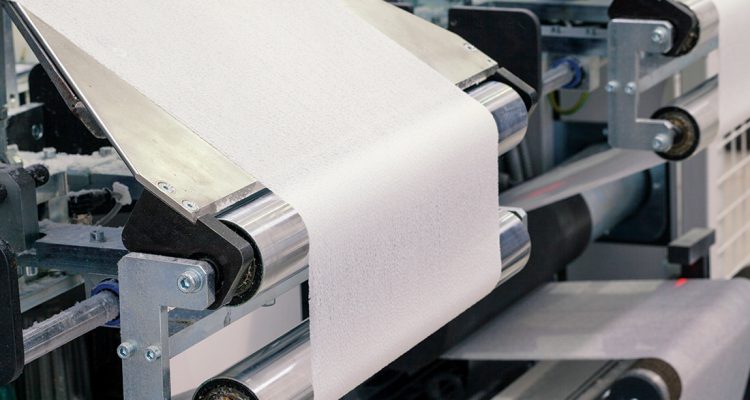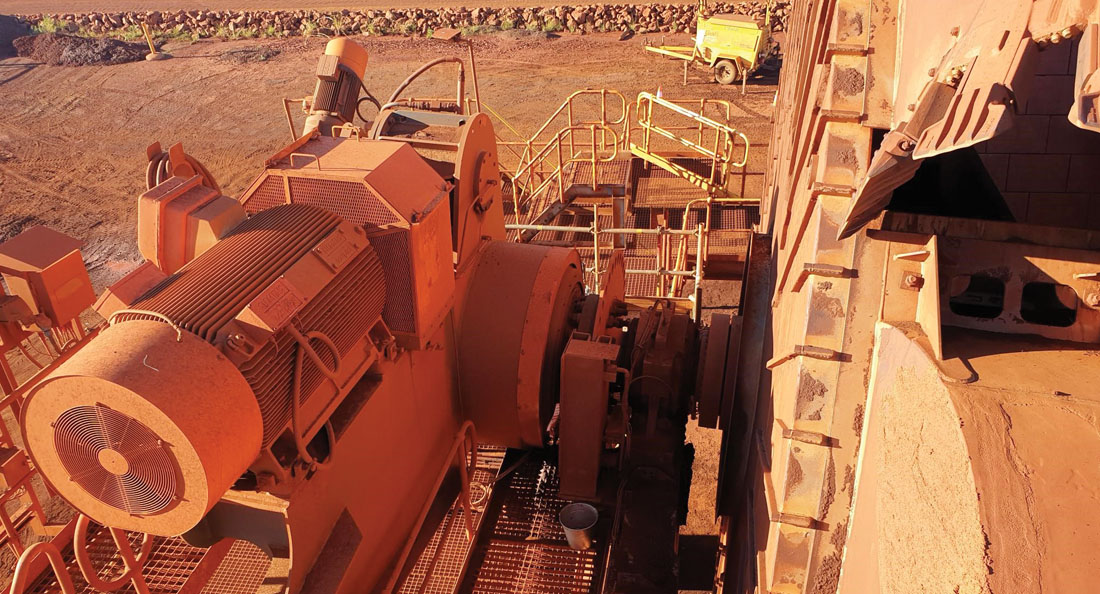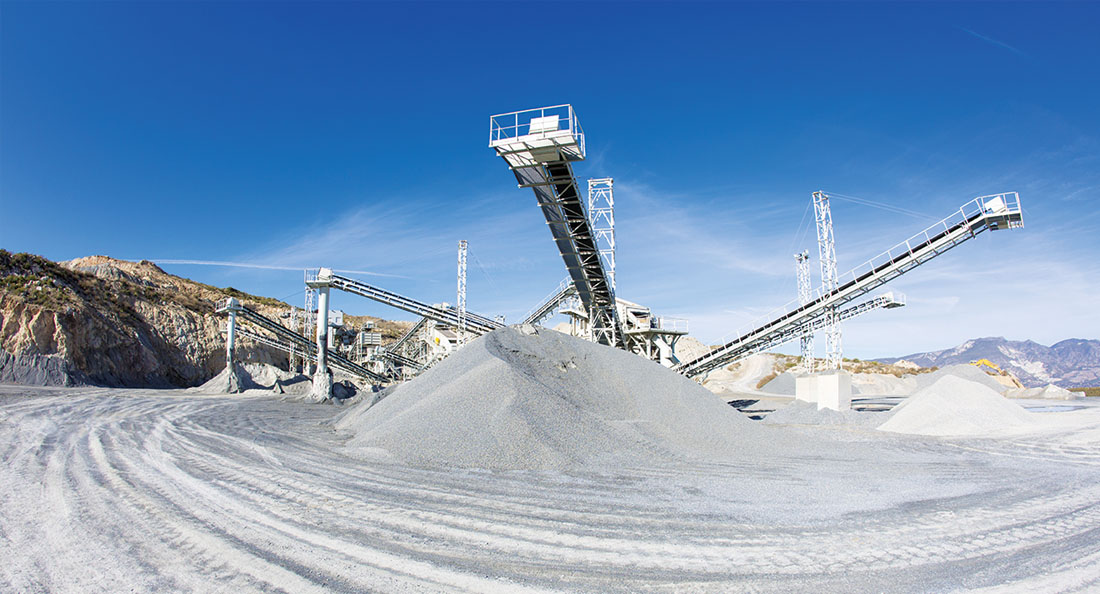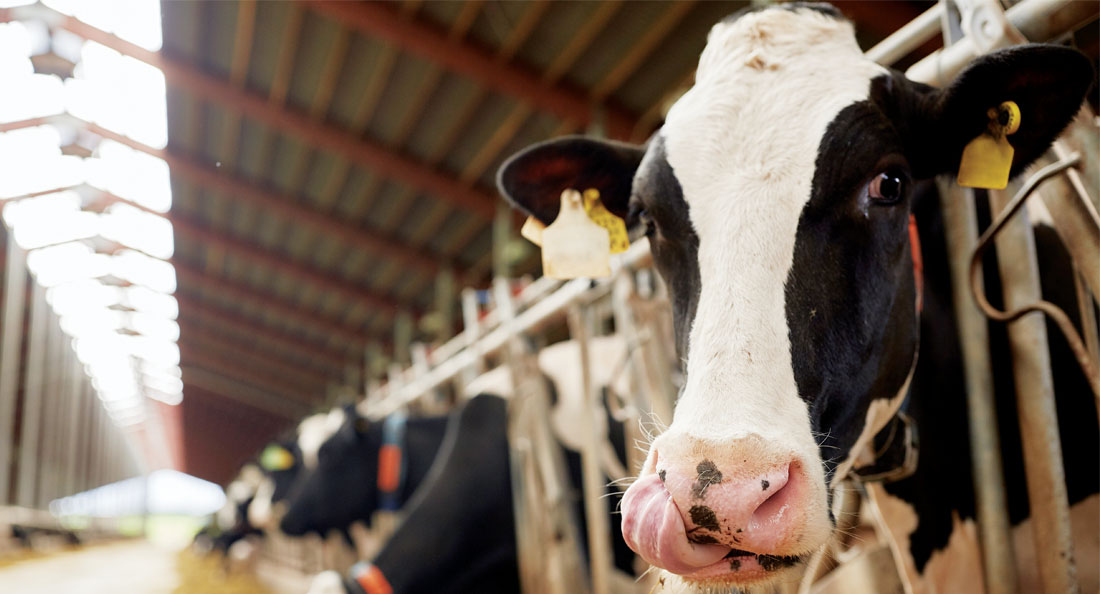Pulp and paper production is a vital industry for Australia that delivers wide-ranging socio-economic benefits. The country’s pulp and paper mills support close to 70,000 full-time jobs – primarily in rural and regional areas – and contribute $3.7 billion to the economy1,2. Importantly, Australia’s percentage of paper and paperboard recycling has increased dramatically over the last decade, placing Australia ahead of Europe and the United States at a 73.7% recycle rate compared with 71.5% and 66.8% respectively3.
Australia’s pulp and paper mills support local recycling operations by purchasing waste paper from their collection partners. The recycling process begins by breaking down the paper product to free the fibres and create pulp. Recycled white paper is de-inked and re-pulped to make higher quality paper – such as office printing paper – while recycled brown paper is generally used to create packaging papers and boards. Paper can be recycled up to eight times in its life cycle, and every tonne of waste paper diverted from landfill saves 2.9 tonnes of carbon emissions4,5.
At the heart of every pulp and paper operation is the rotating equipment which enables each process to take place. And at the core of each rotating piece of machinery is the humble bearing. According to Tony Tormey, Product Manager for Industrial Bearings at CBC Australia, the role of bearings cannot be overstated in the pulp and paper recycling segment.
“Bearings are extremely important for the pulp and paper recycling industry as they play a major role in all rotating equipment. Without bearings the process stops. They are used in all process areas of the plant, including sorting, screening, conveyors, separation, cleaning, pulping, draining, pulp grinding, mixing, dilution and drying,” explains Tormey.
This is why bearings that are made to withstand extreme conditions are also integral to keeping the machinery functioning well.
“For example, the bearings used in the drying process can go through up to 20 cylinders with temperatures ranging from 65 to 100 degrees, as well as size presses, calendar rolls and the rewinding section,” says Tormey.
These type of operating conditions and demands can affect the service life of the bearing components. Also, contamination can affect the quality of pulp produced.
Tormey recommends the Schaeffler range of bearings for this particular reason.
“Schaeffler is a recognised premium bearing brand which is trusted for outstanding reliability in the paper recycling industry,” Tormey enthuses. “Schaeffler’s range has been specifically designed to meet the extremely high demands, moisture, intense heat and high speeds seen in this sector. Paper machines need extremely reliable bearings in these conditions to make reliable paper. These range from spherical roller bearings, spherical thrust bearings, cylindrical roller bearings, hybrid bearings and split spherical roller bearings.”
Moreover, CBC Australia and Schaeffler have a large range of bearing stock that is specifically suited to the paper industry.
“In conjunction with Key Account Executives from both CBC Australia and Schaeffler, we work closely with plants to further enhance the reliability of their equipment and keep them up to date with any developments,” says Tormey, who has personally worked in the bearings industry for more than 35 years.
In fact, CBC and Schaeffler provide a number of engineering services to their customers to ensure the machinery is running at optimal capacity.
“For example, we will provide installation assistance with roll change-outs, root cause failure analysis, refurbishment and reengineering of equipment or problem parts. We’re actually assisting our customers in these areas on a regular basis,” explains Tormey.
“As with most industries, businesses in this segment need to ensure process efficiency and machine reliability if they are to remain competitive in the market and turn over a profit. Choosing the right components and having the right engineering services to improve the reliability of their equipment is essential.”
